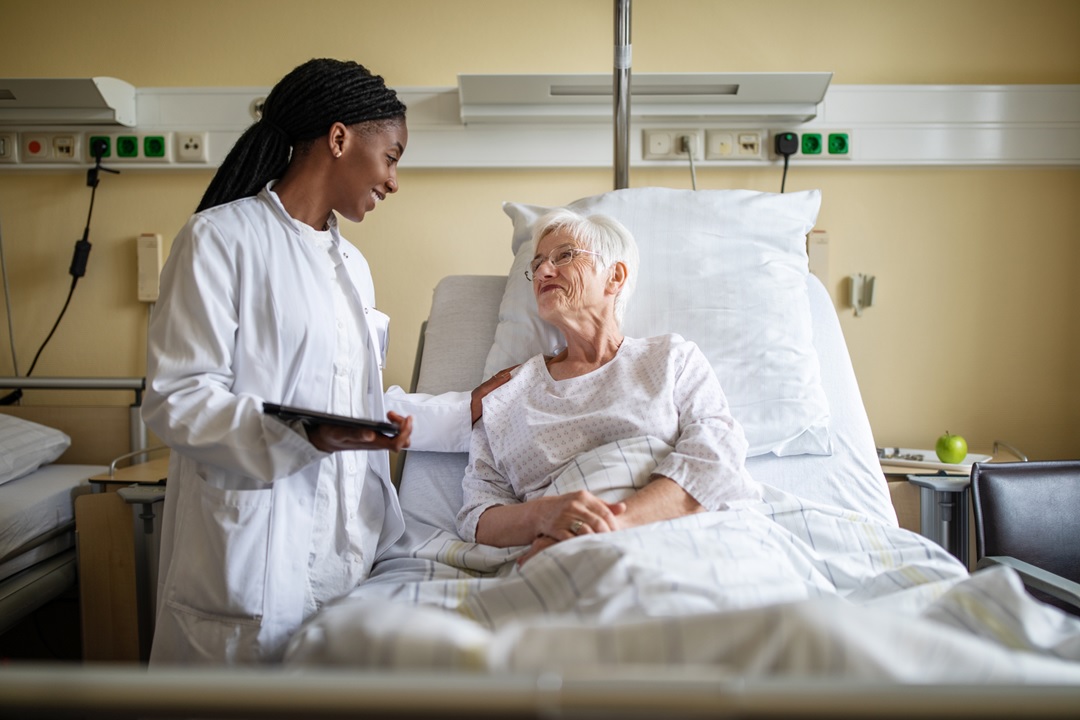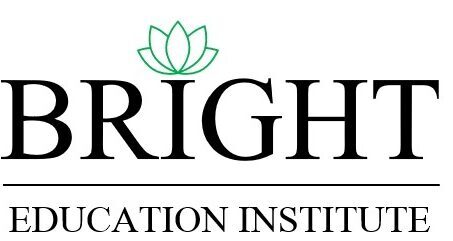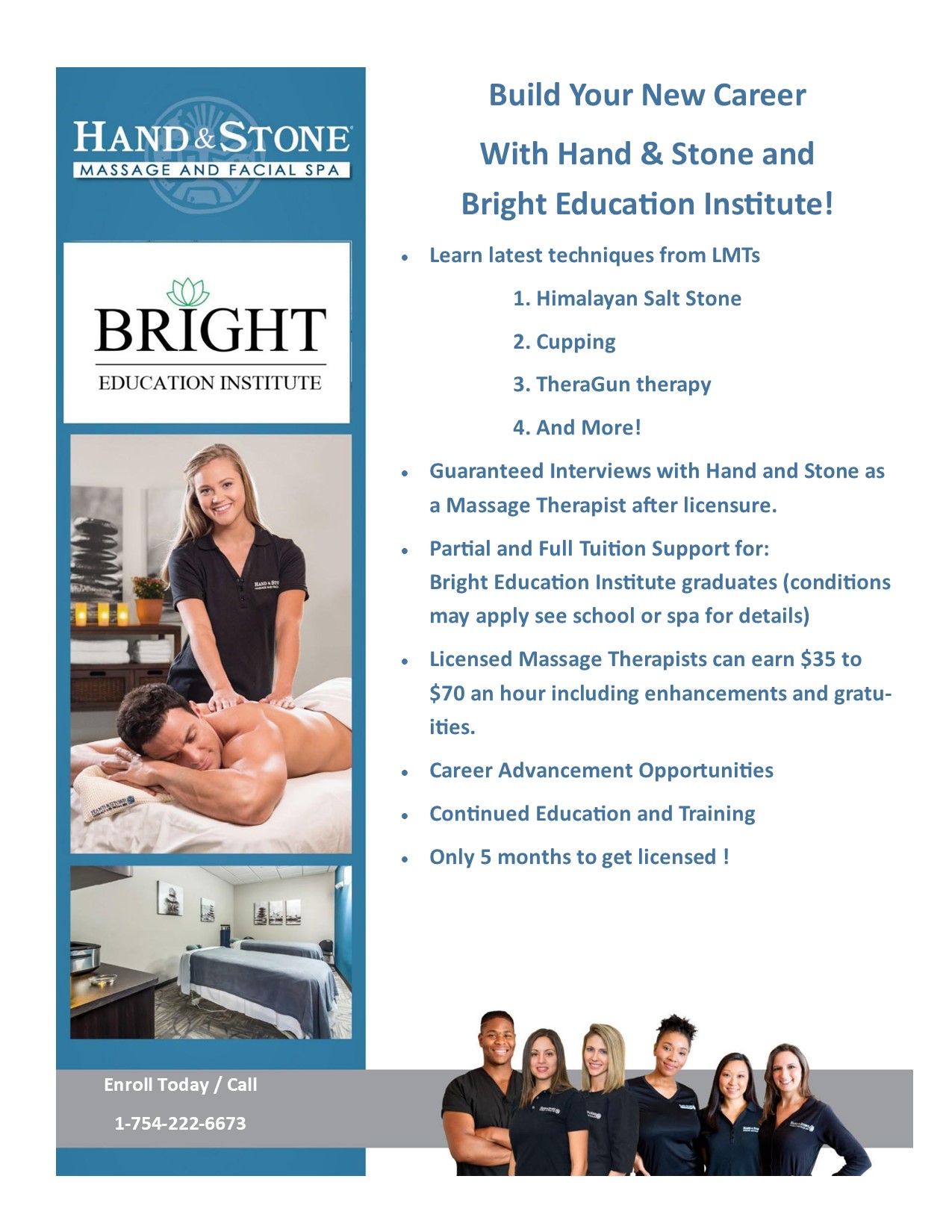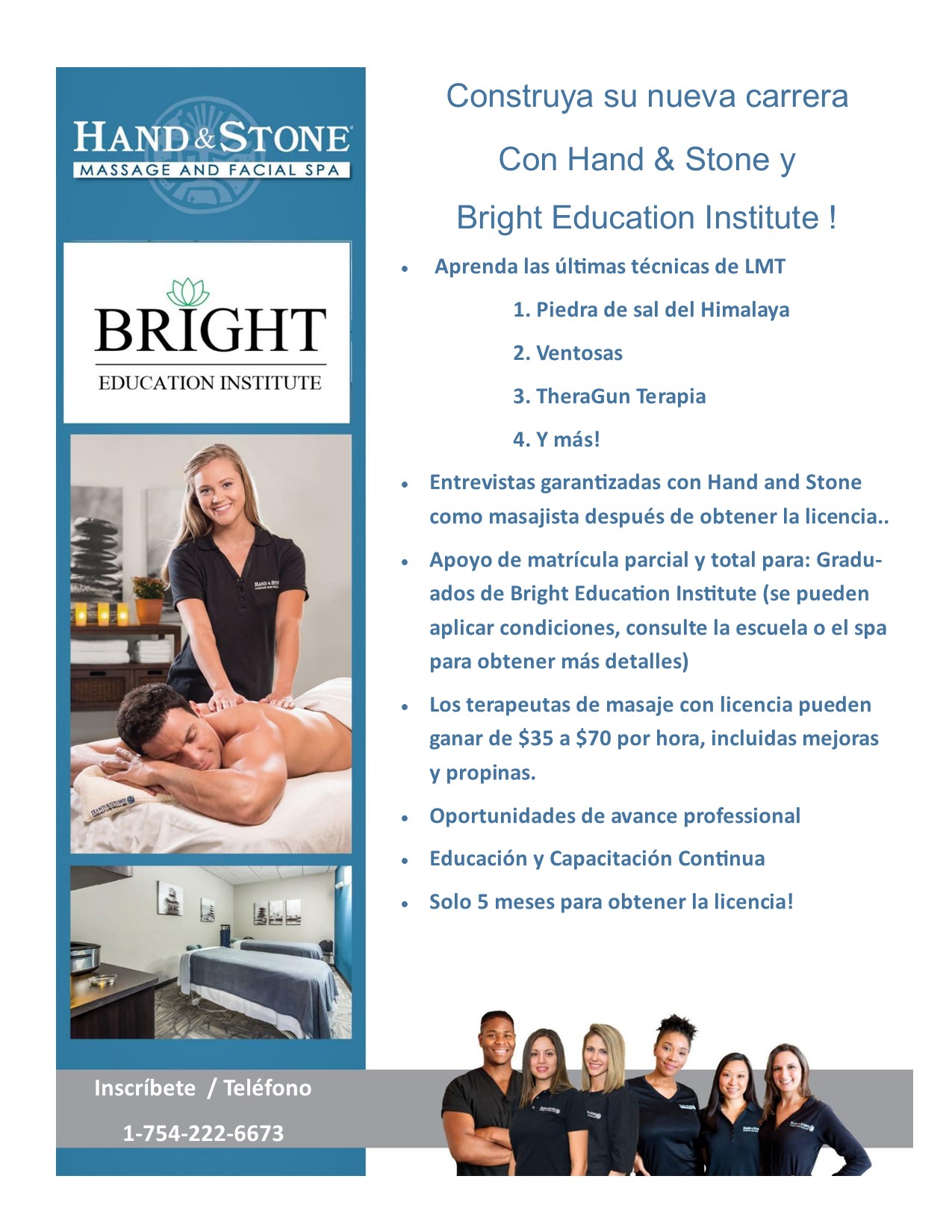Medical assistants in Florida are responsible for a variety of activities in the hospitals or clinics where they work. However, unlike physician assistants, medical assistants do not diagnose or treat patients. The medical assistant scope of practice in Florida includes front and back office work as well as other duties.
Scope of practice
A scope of practice refers to what a medical assistant can and cannot do within their job. For example, medical assistants can check in patients and get their medical histories. A medical assistant cannot examine the patient but can assist the physician as needed. Examining a patient is out of the scope of practice for a medical assistant.
According to the Florida Statutes, medical assistants can take vital signs and perform aseptic procedures. Medical assistants can also prepare patients to talk with the physician and administer basic first aid. Additionally, medical assistants can draw blood or take samples under the direction of the physician. Medical assistants can administer medication under the direction of a physician, as well.
Medical assistants will also handle office paperwork related to patients. Taking care of paperwork is important because medical offices need to be organized. Organization is one of the ways to ensure quality patient care.
How to become a medical assistant
Medical assistants are in high demand. In fact, there were 720,900 jobs available in the United States in 2020. The demand for medical assistants is also forecasted to grow over the next 10 years. There are plenty of opportunities for you to become a medical assistant and achieve your career goals!
You can become a medical assistant by training at Bright Education Institute. In seven months, you would learn all of the basic knowledge and terminology needed on the job. You will also learn the necessary skills to perform medical assisting in the field.
At Bright Education Institute, you will learn computer skills and medical terminology to prepare you for working in a doctor’s office. You will also learn about pharmacology, patient relations, and human anatomy and physiology. Then you will gain practical experience as a medical assistant through laboratory work and an externship. Students also take a course on important career skills.
Are you ready to enter the world of medical assisting? Contact us today to learn more!



